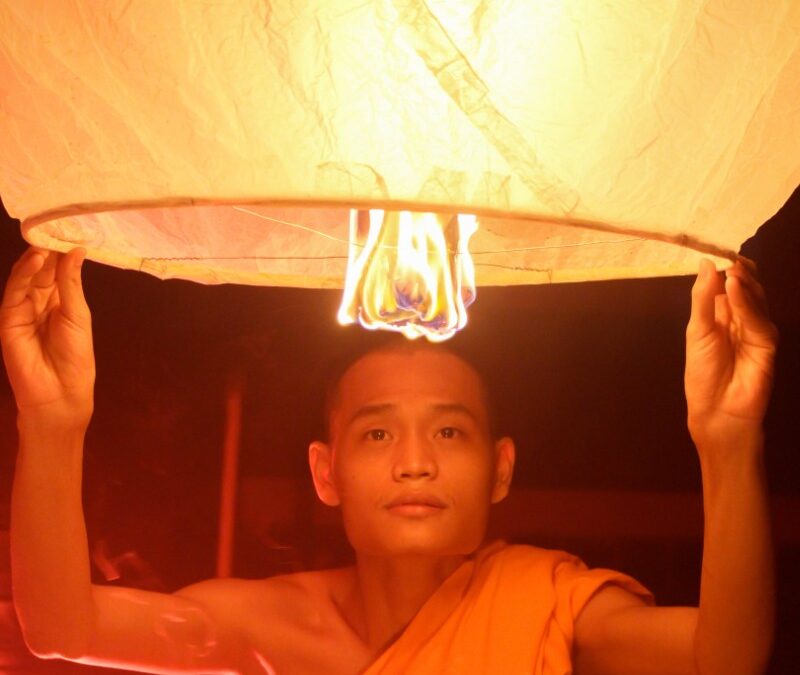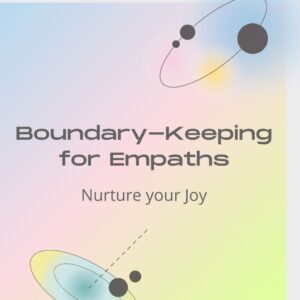
Nuggets of Wisdom from an Ascended Master
Someone asked me an important question recently, “Is your way the only way?” I was more than a little taken back, because anyone who knows me knows that I’m very open and accepting of different traditions, lineages, and cultures. Not to mention having surveyed about as many spiritual and metaphysical systems as I could across 4 continents for the entire decade of my 20s. Would you like to know one important point in what I learned?
It all started with a Tulku
When I was in my teens, I helped start a Nyingma Buddhist temple in Ohio with one of my mentors (as you do at 18 years old). She was overseeing the whole project of restoring an old barn, while raising funds to ensure the future temple community’s economic viability. I had the incredible opportunity to work with her and a team of Buddhist monks, one of which in particular I remember. His name is Tashi, and I remember him especially because he gave me a bunch of pirated software for my computer so I could build my first website, haha!
I had the opportunity to practice with a group of Tibetan Buddhist monks almost every weekday for 6 weeks while they prepared the temple to be consecrated by the lineage holder, who came in with a whole other retinue of monks in the Summer of that year. One of the monks in his retinue was a tulku, an ascended master who came back into a physical body to serve humanity.
I had the incredible opportunity one afternoon days before the temple was to be consecrated to have an audience with the tulku. My mentor basically shoved me in the door because I had no idea what to say to this guy. I wasn’t even sure he spoke English.
We sat in a small living room with stacks of magazines, books, and papers everywhere for awhile. It was a disheveled office surrounding a rather royal and serene-looking being. Despite this, he looked perfectly comfortable with his less than organized surroundings. We stared at each other a bit, and of course he won the ‘best listener’ game because after a bit of silence and with no ostensible prompt from him, I just started talking. I told him about my life and what I thought I was doing, and that I had no idea I was doing, and what my hopes were for the future when I went off to college the next Fall.
Wisdom teachings
He was quiet for some time after I finished speaking, and then out of the blue asked me to pick up an article sitting on the table in front of me and read it. After reading it, he explained the point of the article, which was to be diligent and go deep with your passions, rather than skirt the surface and never gain true mastery. He noted that I was never going to achieve what I wanted to achieve in my spiritual pursuits simply hopping from one tradition and one teacher to another. He advised me to choose one and go deep—very deep—to gather all that there was to gather from that tradition. He said it really didn’t matter which tradition I chose as long as I continued to take the path as far as it could take me, to strive to reach the very end of whatever path I chose.
This had a huge impact on me. Being only 18 at the time, I was pretty sure I had no idea what tradition to choose, so I spent the next 10 years hopping from one spiritual tradition to another in order to experience as much diversity as I could. I discovered many wise and capable teachers that offered me intricate and secret wisdom teachings and empowerments. When my Saturn return came, however, I remembered my little chat with a tulku back when I was 18 and decided it was time to choose.
At that time, the only traditions that had really passed muster with me were the Tibetan Buddhist lineage and the Lineage of King Salomon, a western occult lineage. Since Eastern traditions are made for Easterns, and Western traditions are made for Westerners, I ended up choosing the Western tradition, but of course still very much value the contribution of the Eastern tradition, and my Tibetan Buddhist studies specifically, as part of who I am today.
It’s not about one tradition
I will always value other traditions, and respect that they too hold a way to Unity with God. AND I’ve made my choice. I chose this lineage to go deep, to learn all there is, to experience all that it has to offer—all the gifts and all the challenges of finding my way back to God.
There will always be human problems in ostensibly spiritual lineages, and I believe that’s part of the evolution that we need to integrate and embrace as we continue to ascend frequencies and dimensions, continually expanding what’s available to us as we open up our life to the eternal being that resides within.
I don’t believe any lineage is perfect, especially those where humans are striving to overcome their negative egos and know themselves as God. I don’t believe any one lineage is the only way. I do believe that you won’t really get anywhere until you choose one and go deep—an ascended master told me so.


